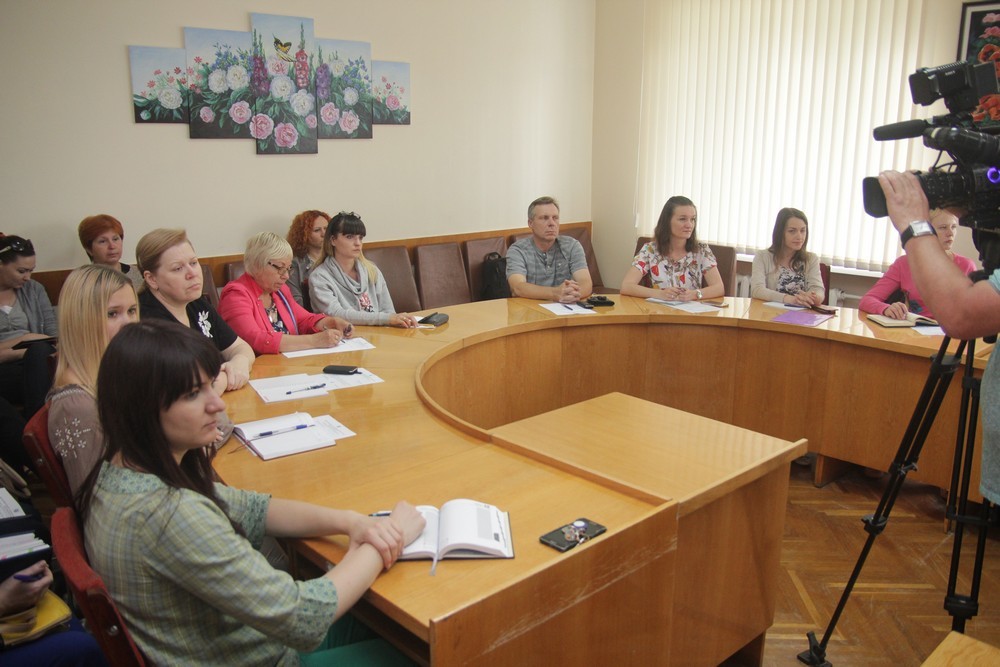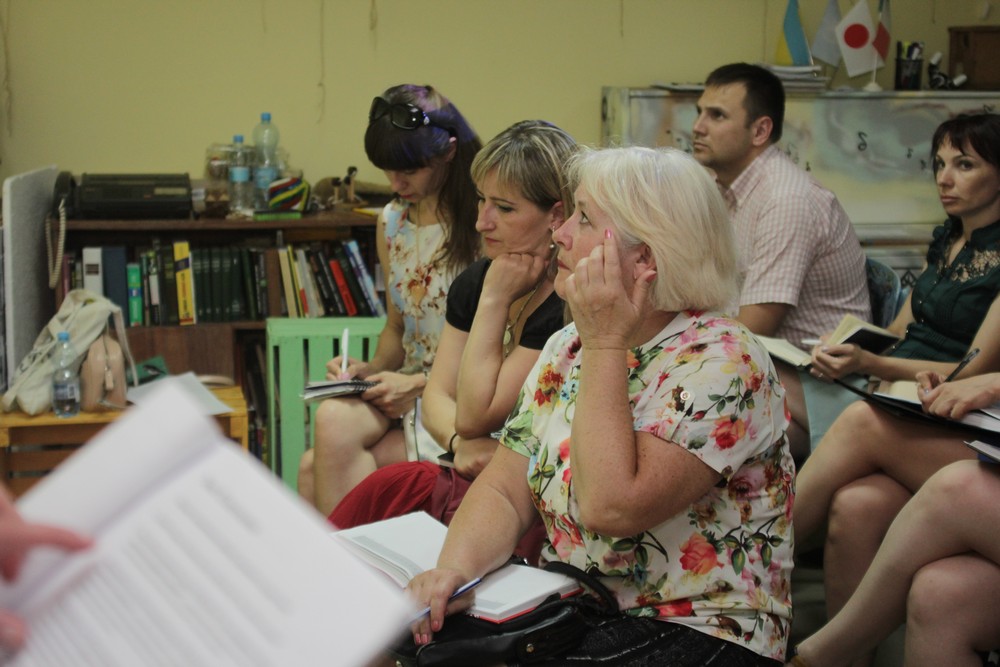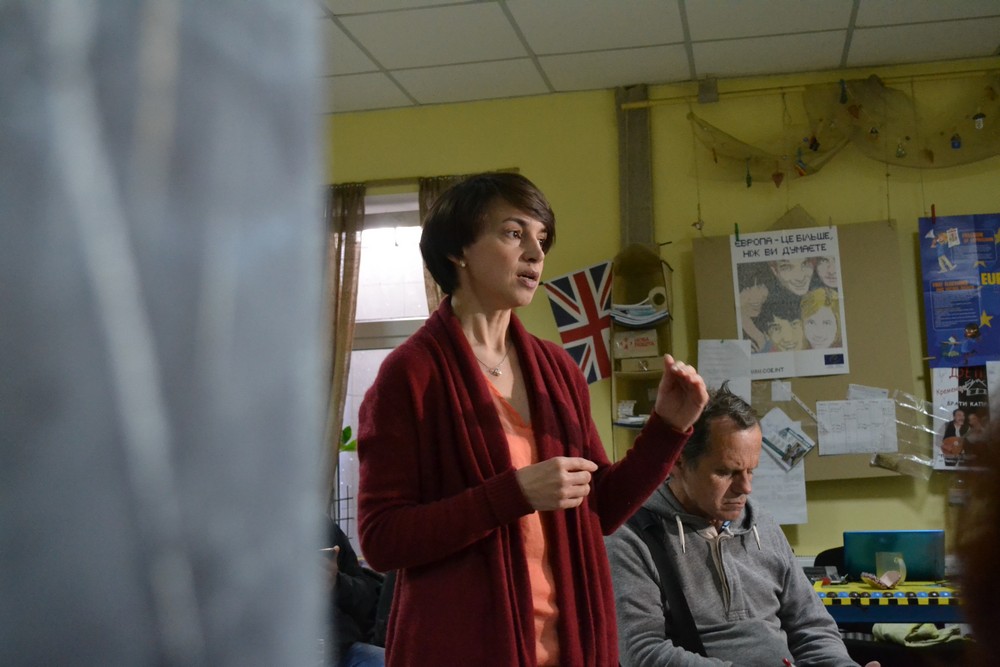Initiative: “Open Access”
Location: Kremenchuk, Poltava Oblast
Year: 2017
Web: http://www.telegraf.in.ua/plots/open-access/
This initiative of female journalists in Kremenchuk, Central Ukraine, focused on public control over how public funds are used and reduction of the room for possibly corrupt activities. Their pilot campaign aimed at publishing the asset declarations by the directors of municipally-owned companies and pointed to the disproportion between their official salaries and the property owned by some of them.
A year later, the initiative expanded the campaign with yet another issue. The campaign aimed to get municipally-owned companies to publish how they use the public funds from the city that comprise a significant contribution to their budgets each year. As in the Czech Republic, the economic activities of such companies are not transparent in Ukraine, and this allows for absurd expenditures as 500,000 hryvnia (about 425,000 CZK) for a supply of kefir.
The "Open Access" initiative, therefore, seeks to ensure that the city publishes all the information about the economic activities of its companies online in an open data format. In addition to media and expert work and meetings with the city authorities, the initiative also organized two seminars on open data for students involved in the preparation of the city's new website.
During the campaign, the initiative also drew attention to a corruption scheme connected with the organization of the 2017 September Kremenchuk City Day celebrations, in which the city's culture department and several city companies committed illegal actions. For two months, the initiative collected documents in order to complain about these institutions to the Commissioner for Human Rights of the Parliament of Ukraine. He referred the case to the court. At the same time, a complaint was submitted to the State Audit Service of Ukraine and to the local police.
Through dialogue with the city authorities, these local journalists managed to problematize the leadership’s non-transparent management of both the city and its companies, to initiate a public debate, and to launch steps leading to the necessary change.


